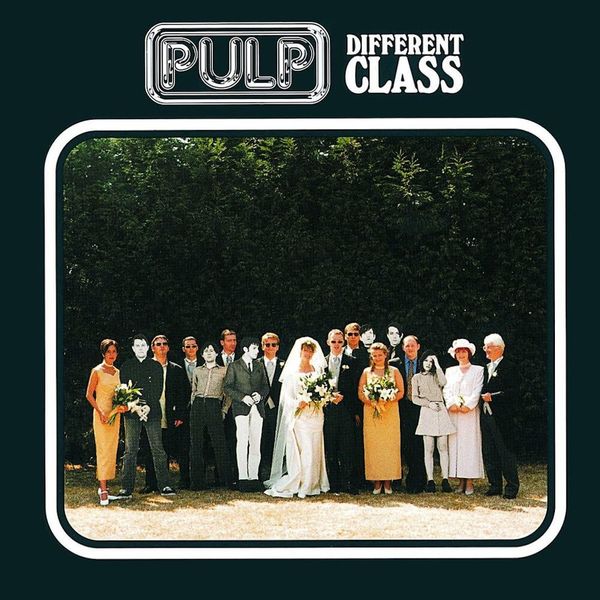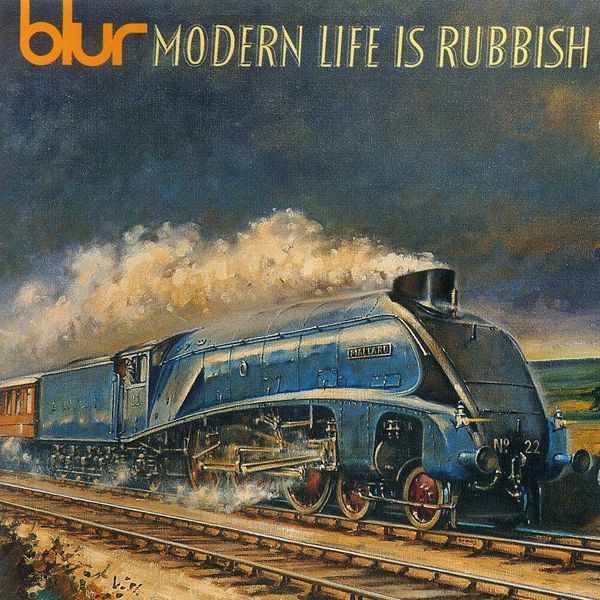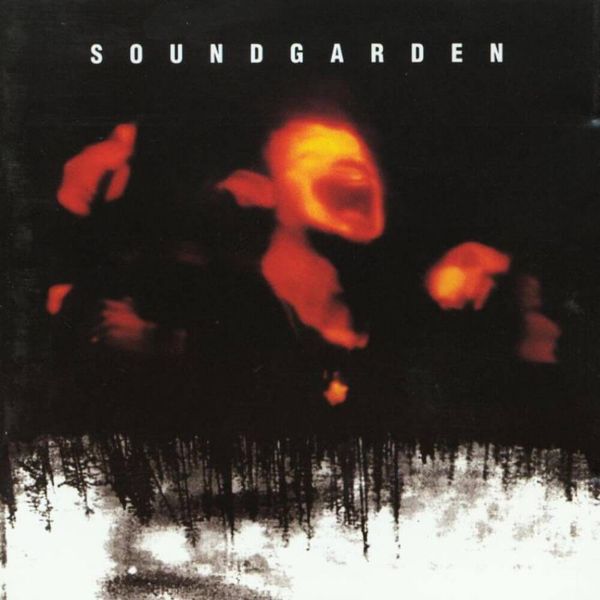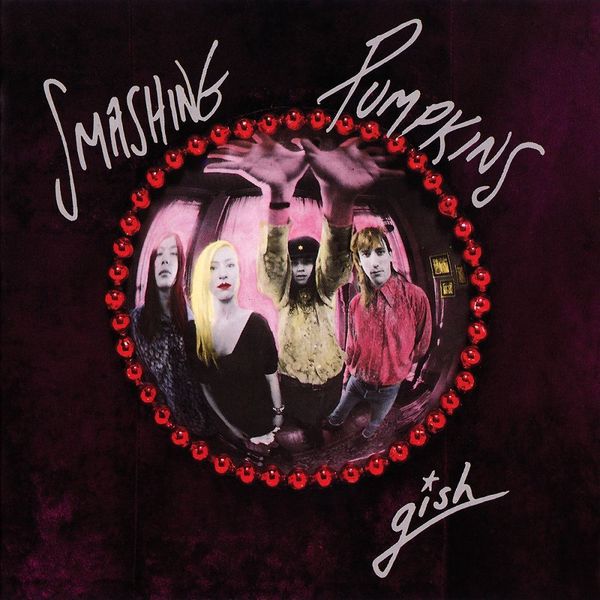André
There was no shortage of moody alternative music in the ’90s. Grunge propelled itself to the mainstream in the USA, with Nirvana, Smashing Pumpkins, and Soundgarden all flying the angsty flag of melancholy, whilst Nine Inch Nails and Marilyn Manson were working on providing an essential dose of nihilistic despair for the most miserable of music listeners.
The UK, meanwhile, was mostly occupied with Britpop during the early periods of the decade, but thankfully we saw some splendidly sulky artists rear their heads, almost as an antidote to the colossal culture that bands like Oasis and Blur galvanised. Radiohead are one such band, of course, but it wasn’t really until 1997’s OK Computer that the Oxfordshire outfit so often, and so flippantly, got branded the definitive miseries of contemporary music. The artists mentioned here are monstrous in stature, known worldwide with platinum-selling records and vast arena tours. However, without a huge hit to appeal to the masses, PJ Harvey never really found the same level of fame and success. Even To Bring You My Love, her breakthrough album, never hit the commercial heights of her peers. Which is a tragedy, frankly, as it’s one of the greatest works of the decade.
As a songwriter, PJ Harvey’s greatest strengths lie in the art of simplicity. Her debut record, Dry, revelled in repetitive, disorientating expressions with uncluttered accompaniment, and that uncompromising rawness continued throughout her early works. On To Bring you My Love, arrangements can be totally sparse, yet they land with tremendous force. Harvey does so much with so little, as the best songwriters often do.
The title track fades in with a coarse guitar riff and a percussion part that never extends beyond a lone open hi-hat, as Harvey sings of the sacrifices made to obtain love: ‘I’ve lain with the Devil/Cursed God above/Forsaken Heaven/To bring you my love’. On the next track, “Meet Ze Monsta”, the volume rises and the drums hit far harder. The balance between fully-fledged songs with arrangements that flirt with pop sensitivities, and swampy, sombre cuts that revel in lo-fi construction, brings perfect pacing to the record. This was Harvey’s first project with record producer Flood, and it remains one of their greatest achievements – together and otherwise. The primitive nature of her prior albums is replaced with a style and swagger that brings a theatrical feeling, and it’s a true joy to behold. Closing track “The Dancer” exemplifies this development, with powerful religious imagery and an arrangement style that had never been heard before in Harvey’s music. It’s a stunning way to conclude a masterful work.
Despite the deluge of moodiness that came out of the alternative rock scene during that time, To Bring You My Love still feels like a glaring peak – unmatched and incomparable. Twenty-five years on, there’s still nothing quite like it.
9 out of 10
Fred
If Let England Shake is PJ Harvey’s ethereal peak (it is) then To Bring You My Love showcases the best of her voodoo depths. Light and shade and all that. From start to finish the album is like wading through swampland. The guitar on tracks like “Working for the Man” are enough to make your skin crawl, and if that doesn’t do the trick then Harvey’s whisper-in-your-ear vocals will likely send you over the top. The songwriting is water tight, but it’s the delivery that gives To Bring You My Love its black magic.
I’m more taken with the album’s mood than with any one track. Its murky atmosphere is what allows PJ Harvey to holler and moan like no-one else can. Indeed, my favourite song is comfortably “I Think I’m a Mother”, which does a wonderful job of going nowhere. In contrast, the five-minute rollicking of “Long Snake Moan” is probably where I’m least interested. Enough of that noise, get me back to the guttural mysticism.
Even though the music is dark sonically, and at times even darker lyrically, To Bring You My Love has a theatricality that makes it easier to enjoy than other miserable music – The Downward Spiral or Unknown Pleasures, for example. With Harvey it feels like you’ve stumbled across the ad hoc performance of a travelling mystic. It’s black magic with a smile. There’s blood trickling from the corner of its mouth, but then who are we to judge? I think it’s great.
8 out of 10
Marcus
To Bring You My Love regularly feels like an encapsulation of every ’90s alt rock quirk, jumping between instrumental styles and song structures with an assured blues-heavy vision. Despite evoking such a specific moment in popular rock, it’s far more than a time capsule or an homage to other acts of the day. PJ Harvey carries the air of an artist who’s setting the tone rather than playing to it, and the boundless personality she injects into every track ensures that the varied style never feels scattershot.
From rich bass to enflamed stresses at her top register, the vocal range and considered dynamics on display are staggering. Each track’s pace and energy is distinct whilst telling tales between them, ebbing and flowing across the album such that ideas come and go with the attention they deserve and without overstaying their welcome. The lyricism’s cryptically personal content, focused largely on the desperations of love and loss, is explored meaningfully by both the haunting arrangements of the ballads and the anthemic tracks’ bouncy, driving riffs. Used sparingly, the vibraphone and organ tie the religious themes into the composition while the note-heavy guitar chord structures ensure each lull in tempo is interrupted by a lurch of energy.
The echoes of To Bring You My Love in the likes ot St. Vincent and Courtney Barnett‘s work speak for the resonance of PJ Harvey’s first solo project and the genre-defying qualities of her songwriting. Its dedication, emotive depth, visionary composition and unflinching personality have surely cemented it as an album whose quality and enjoyability will endure for decades to come.
9 out of 10



